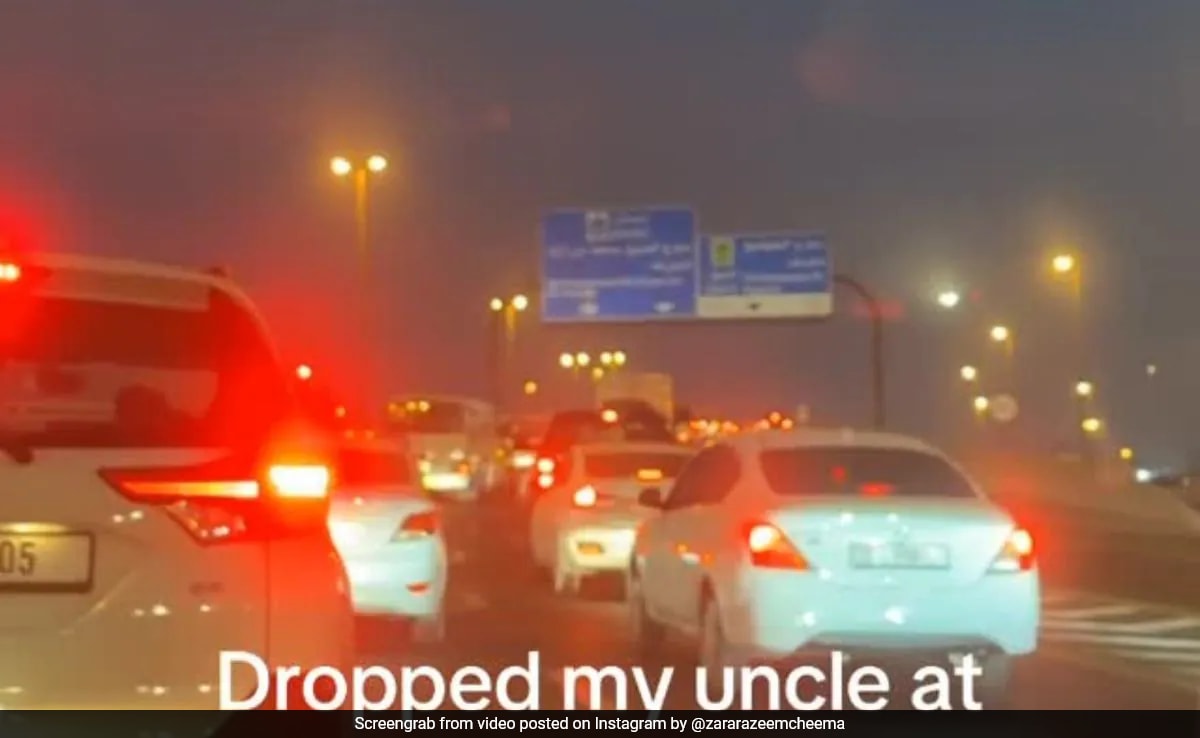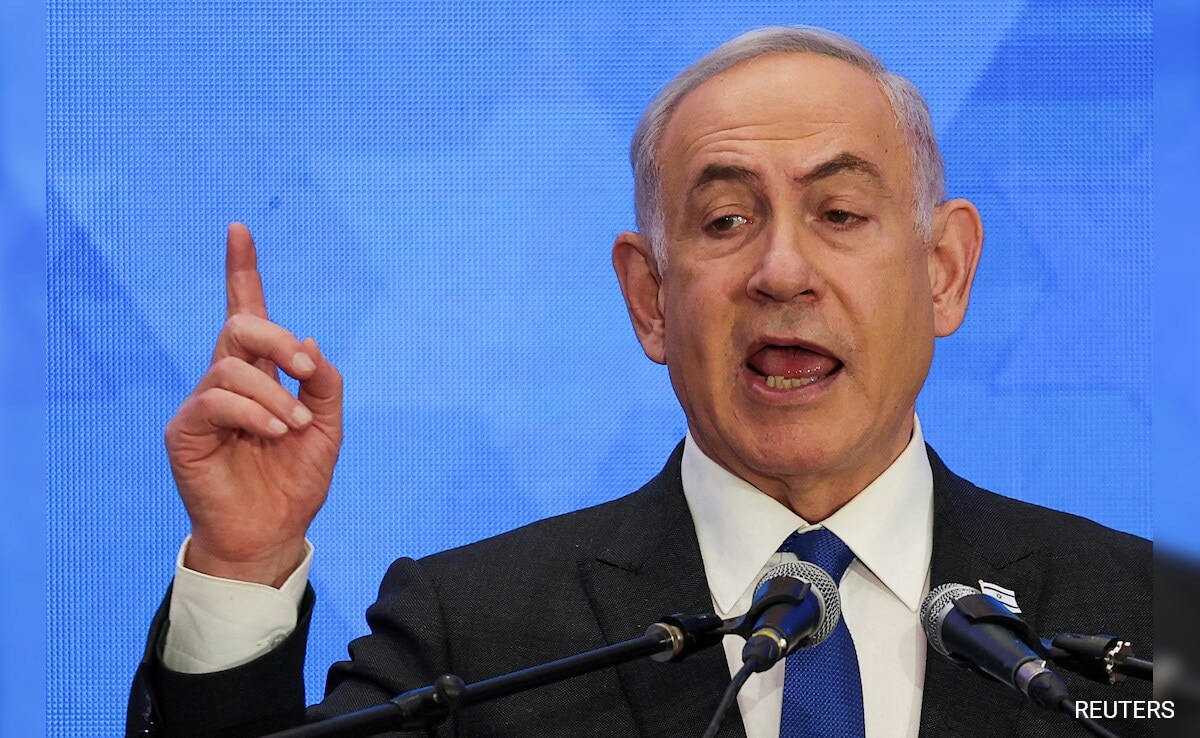
Cloud seeding over components of Delhi on Tuesday didn’t lead to showers, but it surely did assist collect important knowledge that might make future efforts to induce synthetic rain more practical, IIT Kanpur Director Manindra Agarwal stated.
“We’ve obtained worthwhile insights and knowledge from right this moment’s course of. As this was the primary occasion of conducting cloud seeding to manage air pollution, no prior knowledge was obtainable for reference,” Agarwal stated in an unique dialog with India Immediately TV.
The Delhi authorities, in collaboration with IIT-Kanpur, carried out the first-of-its-kind trial to induce rain and tame town’s poisonous air. The seeding flights coated areas reminiscent of Burari, North Karol Bagh, Mayur Vihar, and Badli. The primary sortie wrapped up by 2 pm, and the second flight from Meerut accomplished its run by 5 pm.
Regardless of the hassle, the India Meteorological Division (IMD) stated humidity ranges in Delhi remained low (round 10-15 per cent), far under the ideal conditions needed for cloud seeding. In consequence, no rainfall was recorded.
Information from IIT Kanpur confirmed that even beneath poor moisture situations, the train helped scale back air pollution ranges. After the primary seeding, PM2.5 ranges dropped by 6-10 per cent and PM10 by 14-21 per cent. Following the second trial, PM2.5 dipped by 1-4 per cent and PM10 by 14-15 per cent.
Agarwal stated these outcomes point out robust potential for higher outcomes when humidity is larger.
“Even with low moisture, PM ranges got here down by practically 10 per cent. With higher atmospheric situations, the outcomes shall be way more vital,” he stated.
POLITICAL SLUGFEST OVER CLOUD SEEDING
Because the much-hyped cloud seeding did not ship the promised rain, opposition events wasted no time taking jabs on the BJP. Whereas the ruling social gathering known as it a scientific step to fight air pollution, the Aam Aadmi Occasion mocked the effort as an attempt to “steal Lord Indra’s credit”.
Opposition leaders additionally questioned whether or not the cash spent was definitely worth the outcomes.
Brushing apart the criticism, Agarwal stated price shouldn’t be a problem for the federal government.
“Value for right this moment’s process was Rs 60 lakh, that’s Rs 20,000 per sq. kilometre. Expense for the entire season (4 months) can be round Rs 20-30 crore, which is manner lower than the full Delhi authorities price range for air pollution management — practically 100 occasions decrease,” he detailed.
Two extra trials are deliberate for Wednesday, with larger moisture ranges anticipated.
“We’re eager for higher outcomes,” the IIT Kanpur chief stated, including that efforts are on to station the plane nearer to Delhi NCR to cut back working prices.
Agarwal was additionally clear-eyed about the limits of cloud seeding.
“Synthetic rain just isn’t a everlasting resolution. I hope we work on the supply of air pollution in Delhi-NCR,” he signed off.
– Ends
Tune In






Congress Civil Struggle: Kharge’s RSS Ban Name Sparks Fierce Inside Battle with Chidambaram
A serious rift has emerged inside the Congress occasion over calls to ban the Rashtriya Swayamsevak Sangh (RSS), pitting occasion president Mallikarjun Kharge in opposition to Lok Sabha MP Karti…